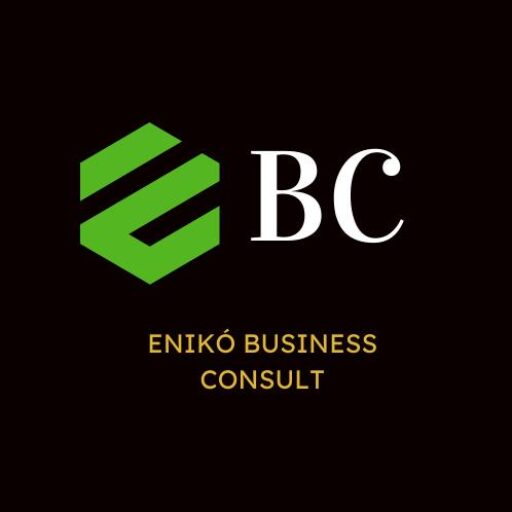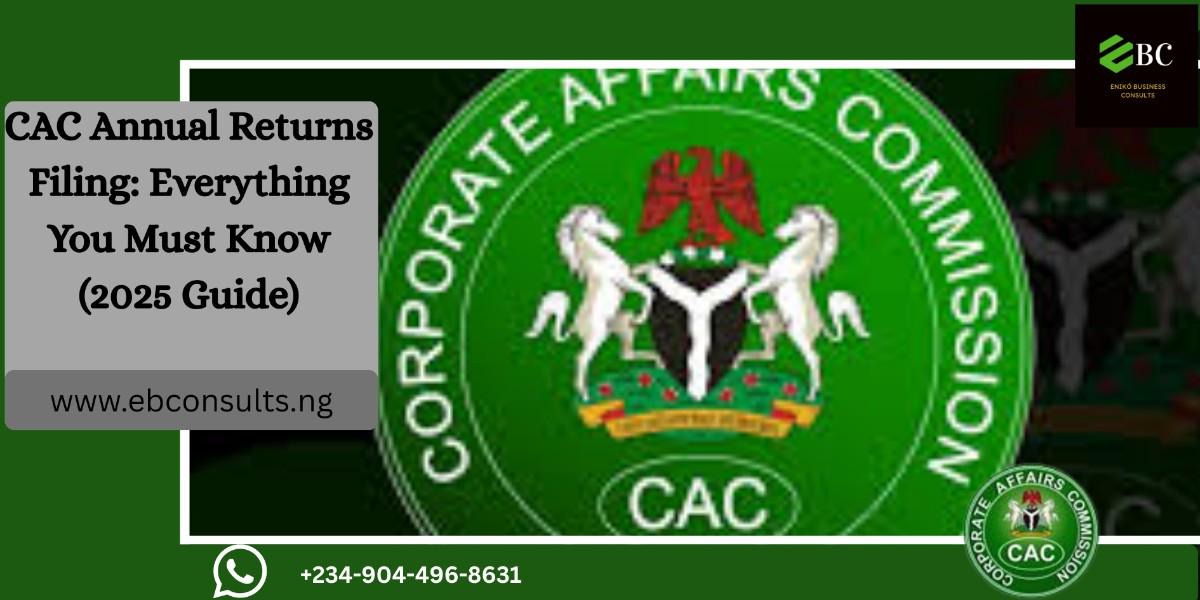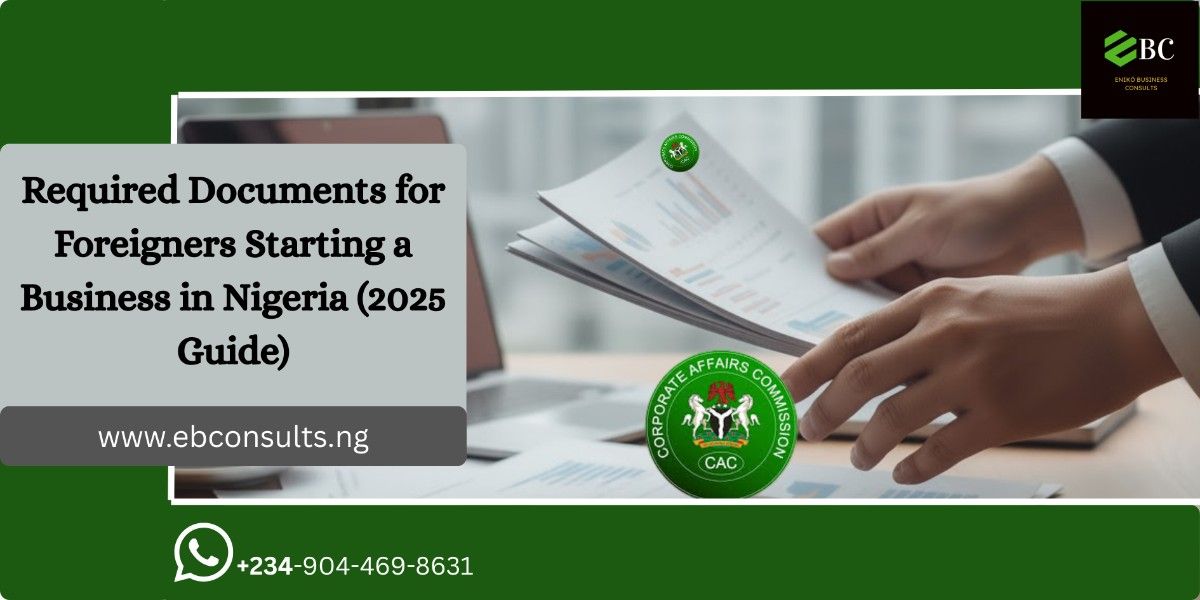
Why Nigeria’s Fintech Market is a Goldmine (And Still Growing)
Nigeria is Africa’s fintech capital. With over 200 active fintechs, a digitally savvy youth population, and an expanding middle class, the country has become a prime destination for startups solving financial inclusion and payment infrastructure gaps.
Nigeria’s fintech industry is booming—and the numbers prove it:
- Over $2 billion in fintech investments since 2019
- Nearly 50% of Nigeria’s adult population still underbanked
- Widespread mobile phone penetration fueling mobile money adoption
From payment platforms like Flutterwave and Paystack to loan apps, digital banks, and crypto startups, Nigeria is a launchpad for Africa’s financial innovation. With supportive policies from regulators like the CBN, fintech is no longer an experiment; it’s the future of finance.
🌐 Thinking of building the next Flutterwave or Paystack? This guide is for you.
What Qualifies as a Fintech Company in Nigeria?
A fintech company in Nigeria is any entity that leverages technology to provide financial services. Common fintech segments include:
- Payments (e.g. mobile wallets, POS, gateway services)
- Lending (e.g. BNPL, salary advances, P2P loans)
- Wealthtech (e.g. robo-advisors, investment apps)
- Insurtech (e.g. digital microinsurance platforms)
- Crypto and blockchain solutions
Many of these sectors fall under regulatory sandboxes that allow innovation under light-touch supervision.
Step-by-Step Process for Registering a Fintech Company
Step 1: Incorporate Your Company with the CAC
Start by registering a Private Limited Company (Ltd) through the Corporate Affairs Commission (CAC).
Minimum share capital:
- At least ₦100 million for most regulated fintech categories (e.g. MMO, PSP)
- Must have at least two directors with fintech, legal, or finance experience
Include fintech-related objects in your Memorandum of Association (MEMART) to reflect your intended services.
Step 2: Register with the FIRS for Tax Compliance
Your company must register with the Federal Inland Revenue Service (FIRS) to:
- Get your Tax Identification Number (TIN)
- Register for VAT and other tax obligations
- File annual returns
Failure to register can affect your licensing and banking processes.
Step 3: Apply for the Right Fintech Licences
Licensing depends on the nature of services your fintech will offer. Here’s a breakdown:
| Licence Type | Regulatory Body | Minimum Capital | Use Case |
| Payment Service Provider (PSSP) | CBN | ₦50 million | Payment gateways, APIs |
| Mobile Money Operator (MMO) | CBN | ₦500 million | Mobile wallets, peer-to-peer transfers |
| Switching & Processing | CBN | ₦2 billion | Infrastructure-level services |
| Microfinance Bank (Digital) | CBN & NDIC | ₦200 million+ | Digital banking and savings |
| Robo-advisory / Investment Platforms | SEC | Varies | Wealthtech, crowdfunding |
| Crypto/Blockchain Services | SEC, CBN | Regulatory sandbox | Exchange, custody, NFTs |
Each license type comes with its own application forms, capital deposit, and review timelines.
Step 4: Fulfill NITDA & Data Protection Requirements
You’re likely to handle sensitive user data, so you must comply with the Nigeria Data Protection Act (NDPA) under NITDA.
- Appoint a Data Protection Officer (DPO)
- Draft and display a valid privacy policy
- File an annual data audit report
Step 5: Set Up Operational and Compliance Infrastructure
To qualify for most licences, you’ll need:
- Secure tech stack (APIs, KYC platforms, data encryption)
- Compliance manuals (AML, CFT, KYC policies)
- Proof of customer onboarding procedures
- Physical or virtual office in Nigeria
🏦 Need help with compliance docs or tech partnerships? Let’s talk.
Required Documents for Fintech Registration
Here’s a checklist of core documents you’ll need for company registration and licensing:
- CAC Certificate (RC number)
- Memorandum & Articles of Association
- Form CAC 1.1
- Company profile and business plan
- Financial projections and funding sources
- Directors’ and shareholders’ IDs and CVs
- AML/CFT policies
- Data protection documentation
- Tax Identification Number (TIN)
- Evidence of paid-up share capital
Pro tip: Organize all your docs before approaching regulators. It shortens processing time.
How Long Does the Registration Process Take?
| Stage | Timeline |
| CAC Registration | 5–10 working days |
| FIRS TIN + VAT | 3–5 working days |
| CBN/SEC/NITDA Licensing | 3–6 months depending on license class |
| Data Protection Audit | 1–2 weeks |
⏳ Want to move fast? We’ll help you complete multiple stages in parallel.
Common Mistakes to Avoid
- ❌ Underestimating share capital requirements
- ❌ Using unqualified directors or placeholder shareholders
- ❌ Copy-pasting compliance policies
- ❌ Applying for the wrong licence
- ❌ Ignoring data protection obligations
✅ We’ll help you build a solid, regulator-friendly application the first time.
FAQs: Registering a Fintech in Nigeria
Q: Can foreigners own a fintech in Nigeria?
Yes. Foreigners can fully own a fintech company but must comply with NIPC and Business Permit requirements.
Q: What’s the easiest fintech licence to get?
A CBN PSSP or SEC crowdfunding licence is relatively easier compared to MMO or switching licenses.
Q: Do I need a physical office?
Yes, though some regulators now accept virtual offices with verifiable addresses.
Q: What if I’m building a crypto startup?
You’ll likely go through SEC’s innovation sandbox while CBN finalizes its position on crypto.
Ready to Launch? Let’s Register Your Fintech the Smart Way
📞 Book a FREE strategy session with our fintech launch experts:
- CAC registration and legal structure setup
- Fintech licence application support (CBN, SEC, NDIC, NITDA)
- Data protection audit and KYC/AML policies
- Pitch deck and investor readiness support
🚀 Join 50+ successful fintech founders who started with our help.
Suggested Internal Links
- How to Obtain a Business Permit in Nigeria as a Foreign Investor
- Required Documents for Foreigners Starting a Business in Nigeria
Step-by-Step Guide to Filing Corporate Income Tax in Nigeria












